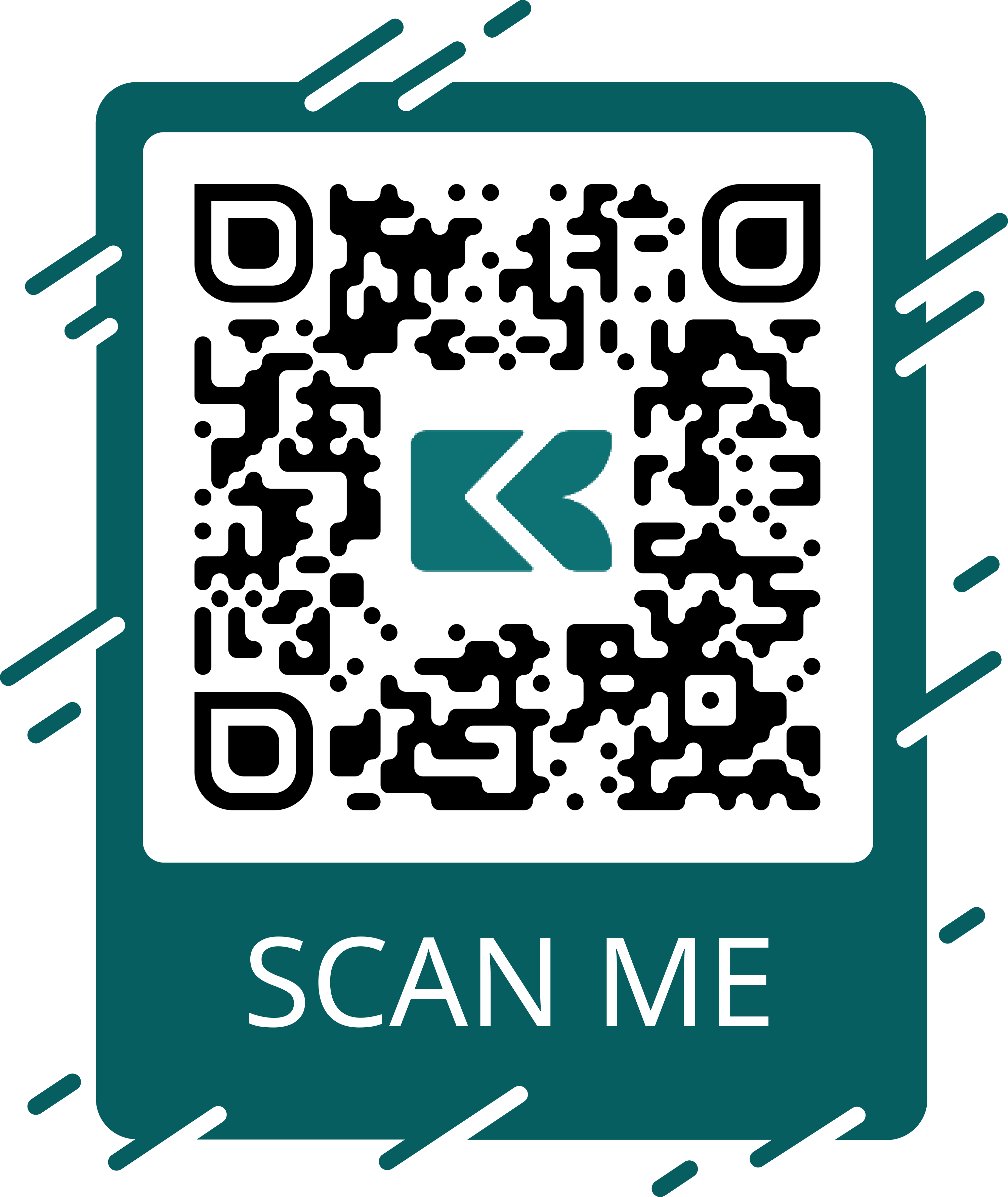From many small and medium business stories and journeys, we can say that despite the very minimal state support for Micro, small, and medium enterprises (MSMEs) compared to what we have in other places, the sector has contributed greatly to national GDP.
As of 2022, MSMEs in Nigeria accounted for 48% of gross domestic product, creating 96% of business structures and 84% of employment opportunities. A World Bank report explicitly states that SMEs have a vital impact on third-world countries’ growth and development. Since this sector accounts for most businesses and employment creation.
Amidst these cognitive achievements by small businesses, funding remains a major issue. Due to business funds inaccessibility, many small and medium businesses have gone down the drain.
Small and medium businesses can obtain funding through a variety of methods. Funding from friends, angel investments, venture capitalists, and bootstrapping are common. Yet with this long list of sources of funds for business, business owners in Nigeria find it very difficult to compete with big corporations to get funding from local financial institutions. Why?
Because most MSMEs are in the early stages which comes with many risks and no credit history. Financial institutions find it difficult to lend to small businesses.
Let’s see what common challenges small businesses encounter while seeking funding for their business
Funding Challenges By SMEs In Nigeria
1. Nigeria’s main financial institutions do not support small businesses
Not accessing bank loans, whether short- or long-term, is a fundamental problem for MSMEs. The banking sector in Nigeria does not want to fund a start-up based on banking rules and the risk attached to small businesses.
At the early stages of an SME, it is very difficult to project the business’s life span and its survival. So banks find it unreasonable to fund this kind of business. They would rather fund an already existing big corporation than a small business.
2. No collateral
Lack of collateral is also a blocker to loan accessibility for SMEs. And for other chances of getting funding from non-financial institutions comes with a huge interest rate that eventually sends the business to its early grave.
Collateral is fundamental to accessing loans in any reputable financial organization. For businesses that are just starting, this might be out of reach especially when the amount involved is quite huge.
Different Ways To Fund Your GT Domiciliary Account
3. Low productivity levels due to infrastructure issues
Electricity, internet, telecommunication, good roads, water supply, and other basic needs that can improve the life span and productivity of most SMEs are non-existent in Nigeria.
Most SMEs have to create a working environment that helps their businesses survive. This includes providing their own power, water, and other facilities which comes with an extra administrative cost.
These costs have a direct impact on productivity, which is one of the key performance indicators used by banks and other financial institutions to determine small business qualification for loans.
4. High loan administrative costs
When going for loans in banks, irrespective of business size, the administrative charges remain constant. In the end, this does not favor small businesses if a huge part of a loan is given away to admin charges. That is why most banks prefer to give loans to big corporations that can seamlessly fund admin charges.
This alongside the rigid application process is one of the challenges of small businesses seeking funds in Nigeria.
Wrap
Lack of funding has made it very hard for small businesses to keep up with the business pace while competing with start-ups from other parts of the world. And this singular reason has led many small businesses to fold up.
So SMEs are left with no choice but to seek funding from sources with high interest rates and wish the rest on luck to survive. Or get grants from private organizations or individuals locally and internationally. But sometimes they are not enough.
